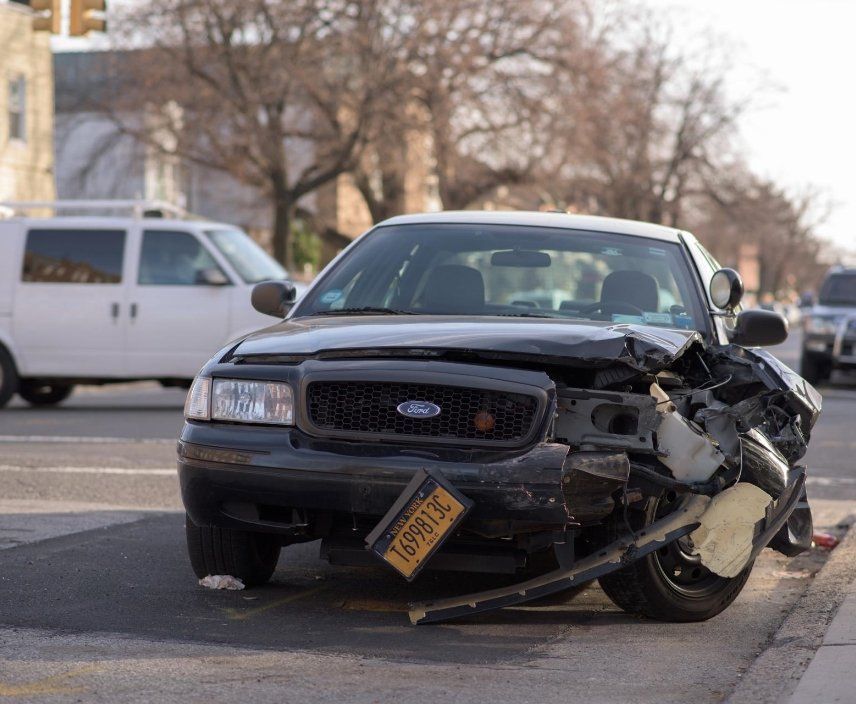Rights Without Remedies | Davis v. United States
Without remedies are the constitutional protections really a constituional rights? Some memebers of the United States Supreme Court do not seem to agree with this premises. The holding of Davis v. United States illustates the point.
– Davis v. United States –
564 U.S. 229 (2011)
Did this case effectively end the protections of the Fourth Amendment?
ISSUE:
Does the exclusionary rule apply to a search in compliance with binding precedent that is later overruled?
HOLDING:
No. Searches conducted in reliance on binding appellate precedent are not subject to the exclusionary rule.
Davis is searched based on the Supreme Court’s interpretation of the 4th Amednment in Belton v. New York. He is subsequently convicted.
While his appeal is pending, the Supreme Court in Arizona v. Gant , overturns its own holding in Belton v. New York.
MAJORITY:

“Under our exclusionary-rule precedents, this acknowledged absence of police culpability dooms Davis’ claim.
Police practices trigger the harsh sanction of exclusion only when they are deliberate enough to yield ‘ meaningfu[l]’ deterrence , and culpable enough to be ‘worth the price paid by the justice system.'”
DISSENT:

Any such change (which may already be underway) would affect not “an exceedingly small set of cases,” ante , at 2433, but a very large number of cases, potentially many thousands each year . See Valdes , supra , at 1728.
And since the exclusionary rule is often the only sanction available for a Fourth Amendment violation, the Fourth Amendment would no longer protect ordinary Americans from “unreasonable searches and seizures.”
WHY WOULD YOU CHALLENGE AN ILLEGAL SEARCH IF A COURT WOULD NOT GIVE YOU A REMEDY?
How The Good Faith Exception Evolved
Rights Must Have Remedies
In Marbury v. Madison , 5 U.S. 137, 163 (1803), the United States Supreme Court defined the rule of law as requiring that a remedy must accompany every legal right.
Exclusionary Rule to States
In Mapp v. Ohio ,
The Good Faith Exception
In United States v. Leon ,
Sufficiently Deliberate Conduct
In Herring v. United States ,
Exclusionary Rule
In Weeks v. United States , 232 U.S. 383 (1914), the United States Supreme Court unanimously held that warrantless seizure of items from a private residence constitutes a violation of the Fourth Amendment.
Judicial Remedy
In United States v. Calandra ,
"Knock and Announce" Violation
In Hudson v. Michigan ,
DAVIS V. UNITED STATES

The search in Davis ocurred two years before the Supreme Court’s holding in Arizona v. Gant, 556 U.S. ___, 129 S.Ct. 1710, 173 L.Ed.2d 485 (2009).
Legal Holdings Cited:
- Hudson v. Michigan , 547 U.S. 586, 596, 126 S.Ct. 2159, 165 L.Ed.2d 56 (2006) . Real deterrent value is a “necessary condition for exclusion,” but it is not “a sufficient” one.
- Leon , at 907, 104 S.Ct. 3405 (xxxx) . The analysis must also account for the “ substantial social costs ” generated by the rule.
- Exclusion exacts a heavy toll on both the judicial system and society at large. Stone , 428 U.S., at 490-491, 96 S.Ct. 3037.
- It almost always requires courts to ignore reliable, trustworthy evidence bearing on guilt or innocence.
- Its bottom-line effect, in many cases, is to suppress the truth and set the criminal loose in the community without punishment. See Herring , at 141, 129 S.Ct. 695.
- Our cases hold that society must swallow this bitter pill when necessary, but only as a “last resort.” Hudson , at 591, 126 S.Ct. 2159.
- For exclusion to be appropriate, the deterrence benefits of suppression must outweigh its heavy costs. See Herring , at 141, 129 S.Ct. 695.
The post Rights Without Remedies | Davis v. United States appeared first on Lawrence Koplow: Arizona DUI Attorney | Phoenix & Scottsdale.








Summary appeared first on Lawrence Koplow: Arizona DUI Attorney | Phoenix & Scottsdale.

DUI Library
The best DUI defense stuff that only a few know and none want to share. A one of a kind annotated resource for lawyers, people accused, or anyone who wants to see what’s going on in our justice system with DUI cases…and how to fix it.

Contact Information
Office Hours
- Mon - Fri
- -
- Sat - Sun
- Closed
What Happens After You Reach Out
A team member will begin reviewing your case.
We will contact you to ask questions and go over your options.
We will determine, together with you, what makes sense for the next step for you and your family to take.
Ready to Fix This?
Contact Us
We will get back to you as soon as possible.
Please try again later.
OUR SERVICES
QUICK LINKS
CONTACT US

